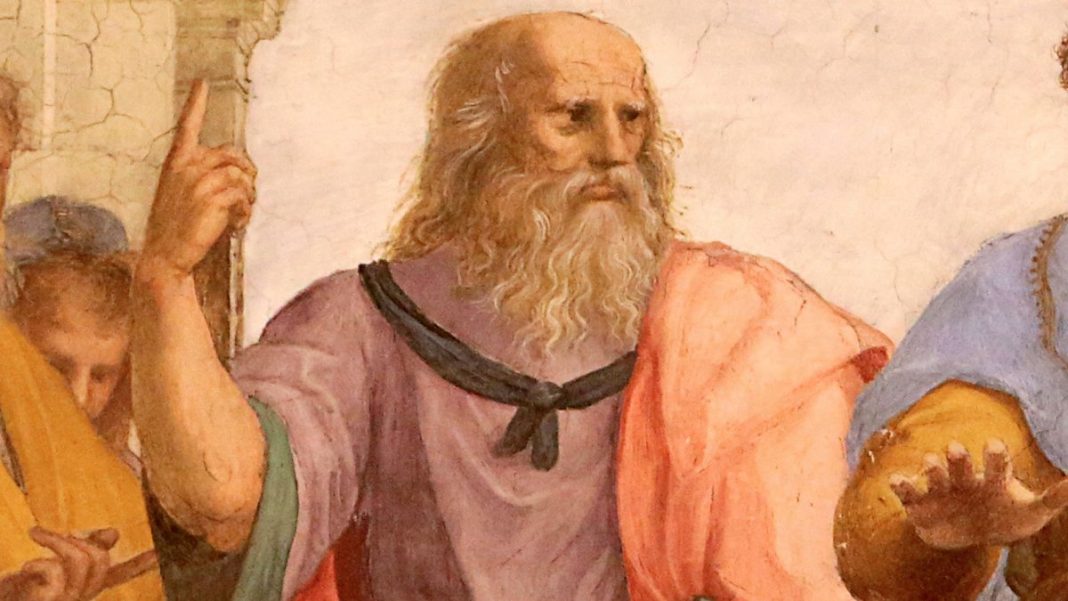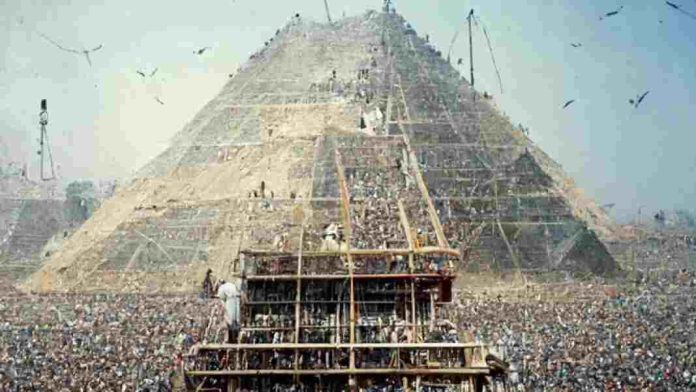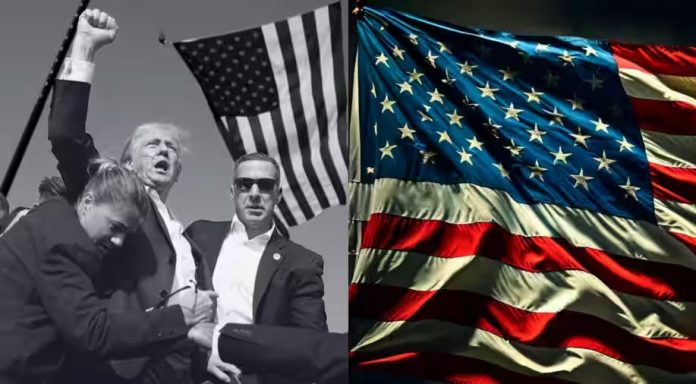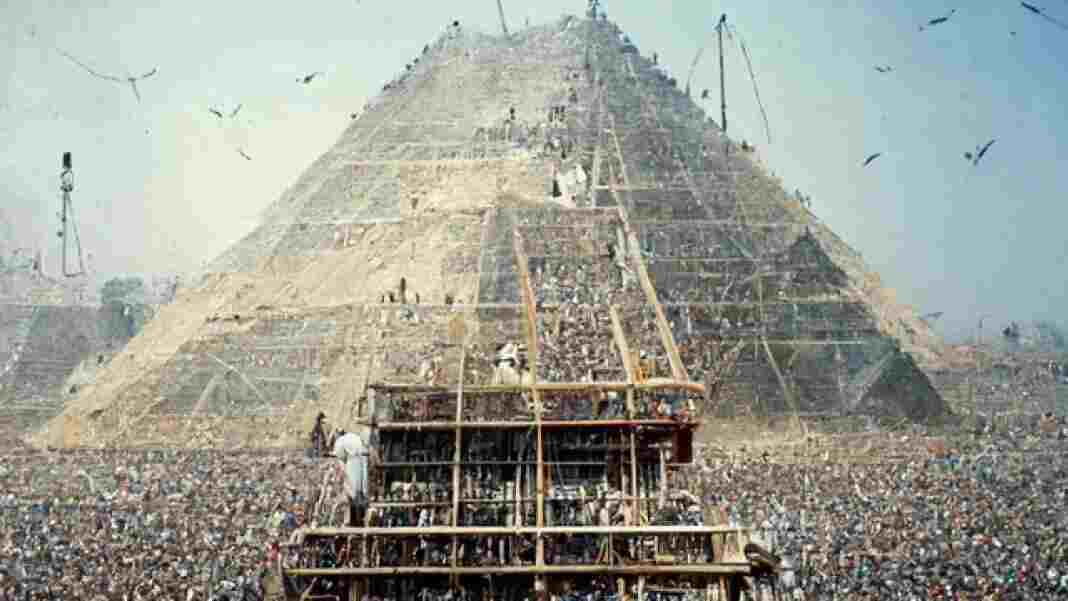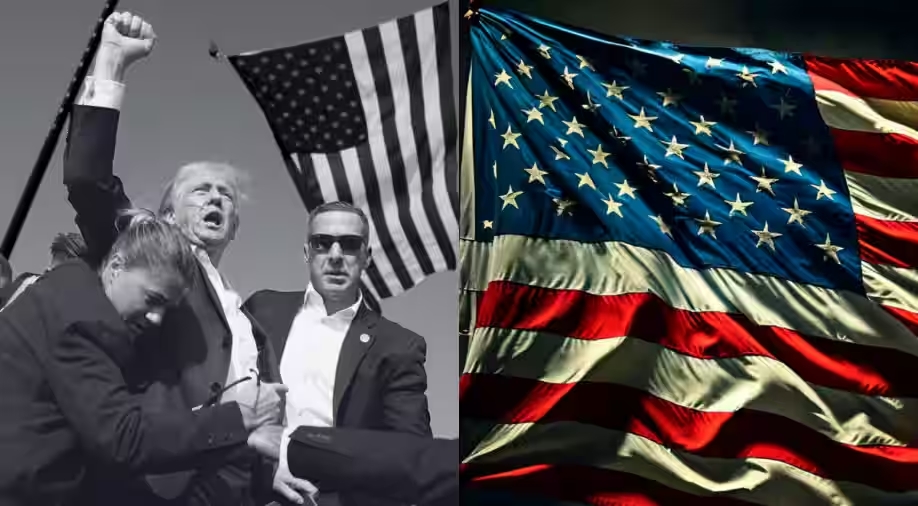Have you ever wondered what makes a society fair and just? This question has been pondered by philosophers for centuries, with one of the most influential answers coming from ancient Greece. Plato, a student of Socrates and a founding father of Western philosophy, explored this concept in his most famous work, The Republic.
But hold on, is Plato’s ideal society secretly a blueprint for a shadowy “New World Order”? Not quite. This article dives into the truth behind Plato’s ideas and why they’re often misinterpreted as a modern conspiracy theory.
We’ll explore Plato’s vision of philosopher kings, the core values of his ideal society, and how it fundamentally clashes with the secrecy and manipulation associated with the New World Order. Learn how to separate fact from fiction and develop critical thinking skills to navigate today’s information landscape.
Plato’s Ideal Society: The Republic and the Philosopher King (Not Quite a New World Order)
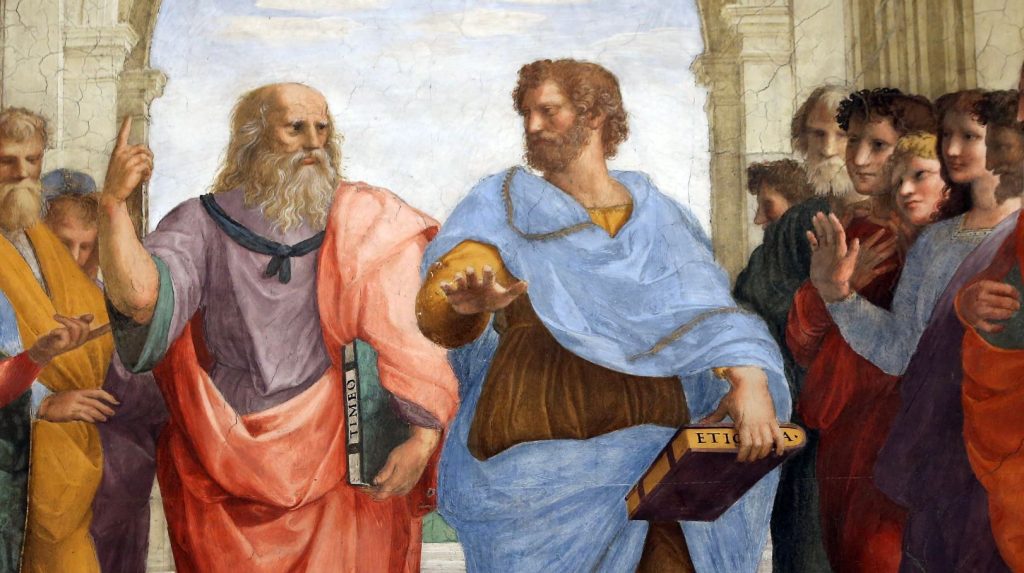
Have you ever wondered what makes a society truly just? This question has preoccupied philosophers for millennia, and one of the most influential answers comes from ancient Greece. Plato, a student of Socrates and a founding father of Western philosophy, explored this concept in his most famous work, The Republic.
In The Republic, Plato doesn’t offer a blueprint for a real-world government (though some thinkers have tried to implement his ideas throughout history). Instead, he constructs a thought experiment: a perfectly just society. This ideal state, unlike the conspiracy theories surrounding a so-called “New World Order,” is not about secretive control by a shadowy elite. It’s about ensuring everyone fulfills their role and contributes to the greater good.
The cornerstone of Plato’s ideal society is the concept of the philosopher king. Imagine a ruler who isn’t driven by personal gain or ambition, but by a deep philosophical understanding of justice, truth, and the good of society. According to Plato, achieving this level of wisdom requires rigorous education and training. These philosopher kings wouldn’t be plotting a New World Order in back rooms; they’d be honing their minds in the pursuit of knowledge.
However, Plato recognized that not everyone is cut out to be a philosopher king. His ideal society functions on a three-tiered system. At the top are the philosopher kings, who use their wisdom to guide the state. Next come the guardians, responsible for defense and maintaining order. Finally, the producers – farmers, artisans, and merchants – provide for the material needs of society.
It’s important to note that Plato’s hierarchical structure has been heavily debated over the centuries. Some argue it’s an elitist system that restricts individual freedom. However, Plato believed that everyone benefits when people play to their strengths and work together for the common good. This philosophy stands in stark contrast to the ideas often associated with the New World Order conspiracy theory, which often paint a picture of a controlling elite suppressing the masses.
While Plato’s ideal society may seem far-fetched, The Republic remains a cornerstone of political philosophy. It raises critical questions about leadership, justice, and the role of the individual in society. Understanding Plato’s ideas helps us navigate complex political issues today, even if they don’t quite map onto the fears associated with the New World Order.
Echoes of Control: Misinterpretations of Plato’s Philosophy and the New World Order
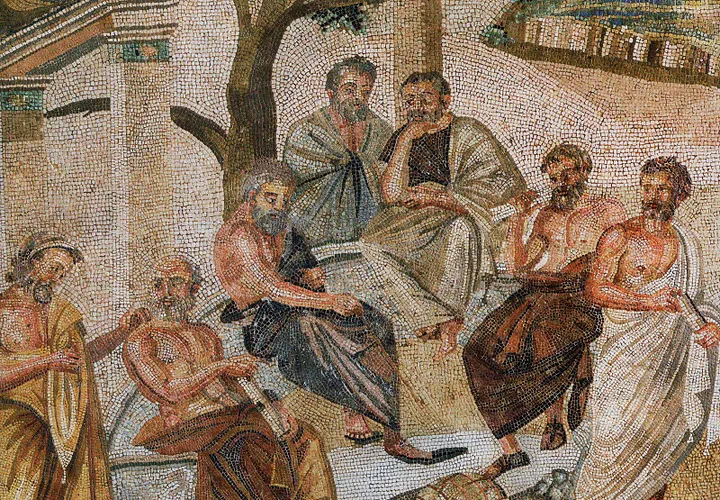
Plato’s Republic has sparked philosophical debate for centuries. While some find inspiration in his vision of a just society, others focus on elements that unintentionally resonate with anxieties surrounding the modern conspiracy theory of a “New World Order.”
One key point of contention is the control exercised by Plato’s philosopher kings. These rulers, meticulously trained in philosophy and statecraft, would wield immense power. This emphasis on control can be misinterpreted, particularly when viewed through the lens of the New World Order conspiracy theory. The theory often paints a picture of a shadowy elite manipulating events from behind the scenes. However, it’s crucial to understand the context of Plato’s work.
Unlike the shadowy figures of the New World Order, Plato’s philosopher kings aren’t shrouded in secrecy. Their power derives not from hidden agendas but from their supposed superior wisdom and dedication to the common good. Their education would be rigorous and transparent, focusing on subjects like ethics, mathematics, and logic. This emphasis on knowledge stands in stark contrast to the secretive nature often attributed to the supposed architects of a New World Order.
Furthermore, it’s important to remember that The Republic is a thought experiment, not a practical blueprint. Plato wasn’t advocating for the literal implementation of his ideas. He aimed to explore the theoretical foundations of a just society. However, some throughout history have attempted to put Plato’s ideas into practice, often with disastrous results. These attempts, fueled by a misinterpretation of his work, can indeed lead to oppressive and authoritarian regimes.
The key distinction lies in Plato’s purpose. He wasn’t advocating for a hidden elite controlling society, a core tenet of the New World Order conspiracy theory. Instead, he was grappling with the fundamental question of how to achieve a just and harmonious society. While his solution may seem extreme to modern readers, understanding his context is essential to avoid misinterpretations that fuel conspiracy theories.
The Rise of the New World Order Conspiracy Theory: A Tangled Web Far Removed from Plato’s Republic
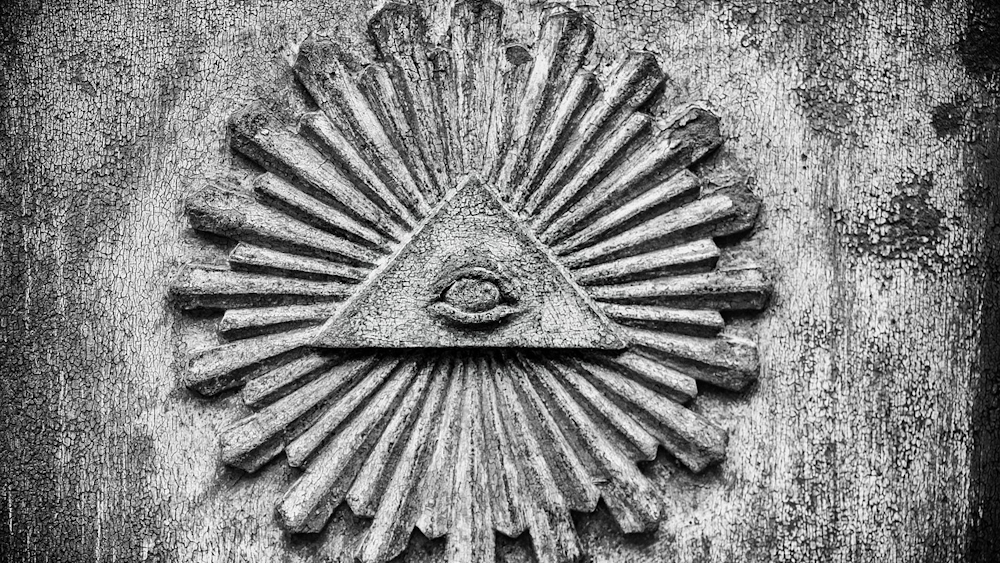
The concept of a hidden cabal of elites manipulating world events for their benefit – often referred to as the “New World Order” (NWO) conspiracy theory – has captivated (and terrified) some for decades. This theory, existing quite separately from Plato’s philosophical exploration of leadership in The Republic, thrives on a potent mix of historical events, powerful figures, and the ever-expanding reach of the internet.
At its core, the NWO conspiracy theory posits that a shadowy group of powerful individuals, often including wealthy business leaders, politicians, and even royalty, are working together to establish a one-world government. This supposed government would strip away individual liberties, control economies, and generally exert complete dominance over the global population.
Proponents of the NWO theory often point to historical events like the formation of international organizations such as the United Nations or the Bilderberg Group meetings – gatherings of powerful figures from various sectors – as evidence of this hidden agenda. These events, however, have legitimate purposes unrelated to any NWO plot.
The rise of the internet and social media has further fueled the spread of New World Order conspiracy theories. The ability to share information quickly and easily, coupled with the existence of echo chambers where users primarily encounter viewpoints that confirm their existing beliefs, has created a fertile ground for misinformation. Sensationalized headlines, cherry-picked facts, and a healthy dose of distrust create a narrative that resonates with those already wary of powerful institutions and global interconnectedness.
It’s important to note that the NWO conspiracy theory encompasses a wide range of beliefs, and specifics can vary greatly. However, the core themes of a hidden elite and a one-world government remain constant. Understanding the origins and appeal of this theory, while acknowledging its vast differences from Plato’s philosophical exploration of leadership in The Republic, can help us navigate the complex world of information today. By critically evaluating information and seeking out credible sources, we can avoid getting tangled in the web of the NWO conspiracy theory.
Plato and the New World Order Conspiracy: A Case of Mistaken Identity
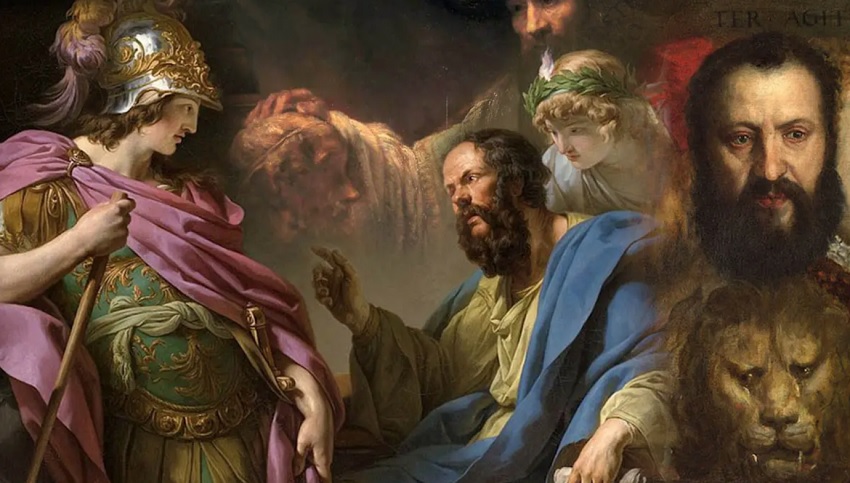
At first glance, there might seem to be some parallels between Plato’s ideal society in The Republic and the shadowy elite controlling the world in the “New World Order” (NWO) conspiracy theory. However, a closer look reveals a fundamental clash of values. Understanding this clash is crucial to avoid misinterpretations of historical texts and to develop critical thinking skills when encountering conspiracy theories.
Let’s delve deeper. Plato’s ideal society, far from being a secretive cabal, is built on the concept of philosopher kings – rulers guided by knowledge and a deep understanding of justice. These leaders wouldn’t be pulling strings from the shadows; their legitimacy would stem from their supposed superior wisdom and dedication to the common good. In stark contrast, the NWO conspiracy theory paints a picture of a hidden elite, motivated by self-interest and wielding power for their own gain. This inherent secrecy directly contradicts the core principles of Plato’s vision.
Furthermore, the dangers of misinterpreting historical texts like The Republic become clear when applied to modern conspiracy theories. Plato’s work is a philosophical exploration, not a blueprint for a literal government. His hierarchical structure, with philosopher kings at the top, has been heavily debated for centuries, and some argue it restricts individual freedom. However, to twist this into evidence of a NWO plot is to take his ideas completely out of context.
Developing critical thinking skills is essential to avoid falling prey to such misinterpretations. When encountering conspiracy theories, it’s vital to consider the source of the information, the evidence presented (and often lacking), and the historical context. The NWO theory relies on cherry-picked facts and a distrust of legitimate institutions. In contrast, Plato’s work, while offering a debatable vision, encourages open discussion and philosophical inquiry.
By understanding the vast differences between Plato’s philosophical exploration and the NWO conspiracy theory, we can better navigate the complex world of information today. Let’s not get lost in the shadows cast by conspiracy theories. Instead, let’s use critical thinking and a healthy dose of skepticism to separate fact from fiction, ensuring Plato’s ideas remain a source of philosophical debate, not a distorted lens through which we view the world.
Separating Fact from Fiction: The Legacy of Plato and Responsible Information Consumption
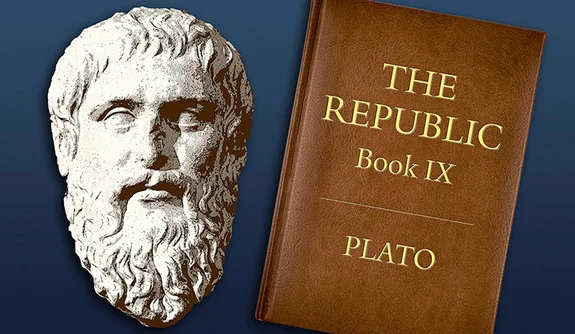
Plato’s Republic may not offer a blueprint for a real-world utopia, but it has sparked centuries of debate about the nature of justice, leadership, and the ideal society. While some misinterpretations of Plato’s work create a superficial resemblance to the shadowy elite controlling the world in the “New World Order” (NWO) conspiracy theory, a closer look reveals a fundamental disconnect.
At its core, Plato’s vision revolves around philosopher kings – rulers guided by knowledge and a dedication to the common good. Transparency, not secrecy, is key. These leaders wouldn’t be manipulating events from the darkness; their legitimacy would come from their supposed superior wisdom. This focus on knowledge and ethical leadership stands in stark contrast to the self-serving, secretive elite depicted in the NWO conspiracy theory.
While Plato’s hierarchical structure, with philosopher kings at the top, may seem outdated, his core ideas concerning leadership and the importance of knowledge remain relevant today. Even if we don’t subscribe to his specific vision, questions about the qualities of good leaders and the role of education in shaping a just society continue to resonate.
However, navigating today’s information landscape requires critical thinking skills to avoid getting tangled in conspiracy theories like the NWO. When encountering sensationalized online content, especially content that fuels anxieties about hidden cabals controlling the world, it’s crucial to question the source and the evidence presented. Seek out credible information, consider the historical context, and be wary of narratives that rely on cherry-picking facts to fit a predetermined conclusion.
In conclusion, Plato’s Republic offers a valuable historical lens for understanding concepts of leadership and justice. However, it’s important not to misinterpret his work as a blueprint for a real-world, and frankly, rather chilling, “New World Order.” By developing critical thinking skills and approaching information with a healthy dose of skepticism, we can ensure that Plato’s ideas remain a source of philosophical debate, not a distorted lens through which we view the complexities of our modern world. So, the next time you encounter a sensationalized online conspiracy theory, remember Plato’s emphasis on knowledge and reason – and do your research before jumping to conclusions.
Frequently Asked Questions (FAQs)
1. What is Plato’s ideal society like?
Plato’s ideal society, described in his work “The Republic,” is a thought experiment where everyone fulfills a role that contributes to the greater good. It’s led by philosopher kings who rule with wisdom and justice, not a secretive elite like conspiracy theories portray.
2. Are philosopher kings the same as the New World Order elite?
Absolutely not. Philosopher kings are chosen based on their knowledge and dedication to justice, not self-interest. They would openly guide society, not operate in secret like the supposed elite in conspiracy theories.
3. Wasn’t Plato’s Republic a blueprint for a real government?
No, it was a philosophical exploration. While some have tried to implement his ideas, Plato aimed to understand the theoretical foundations of a just society, not create a literal government.
4. Why do some people think Plato’s Republic is like the New World Order?
There’s a superficial resemblance due to the concept of a ruling class. However, Plato’s vision is about philosopher kings with superior wisdom, not a hidden elite manipulating events.
5. How can I avoid misinterpreting historical texts and conspiracy theories?
Develop critical thinking skills! Consider the source of information, the evidence presented (or lack thereof), and the historical context. Plato’s Republic offers philosophical debate, not a real-world conspiracy blueprint.
While history offers a treasure trove of philosophical debates on the ideal society, some mysteries remain firmly rooted in the real world. Take for instance, the enigmatic Somerton Man. Discovered on an Australian beach in 1948, this unidentified man, clad in a suit and clutching a coded scrap of paper, continues to baffle investigators. Conspiracy theories swirl around his death, but what truly happened? Unearth the chilling details in our investigation, The Somerton Man: The Truth of Code, Suitcase & No Identity, and delve into the facts behind this perplexing cold case.


